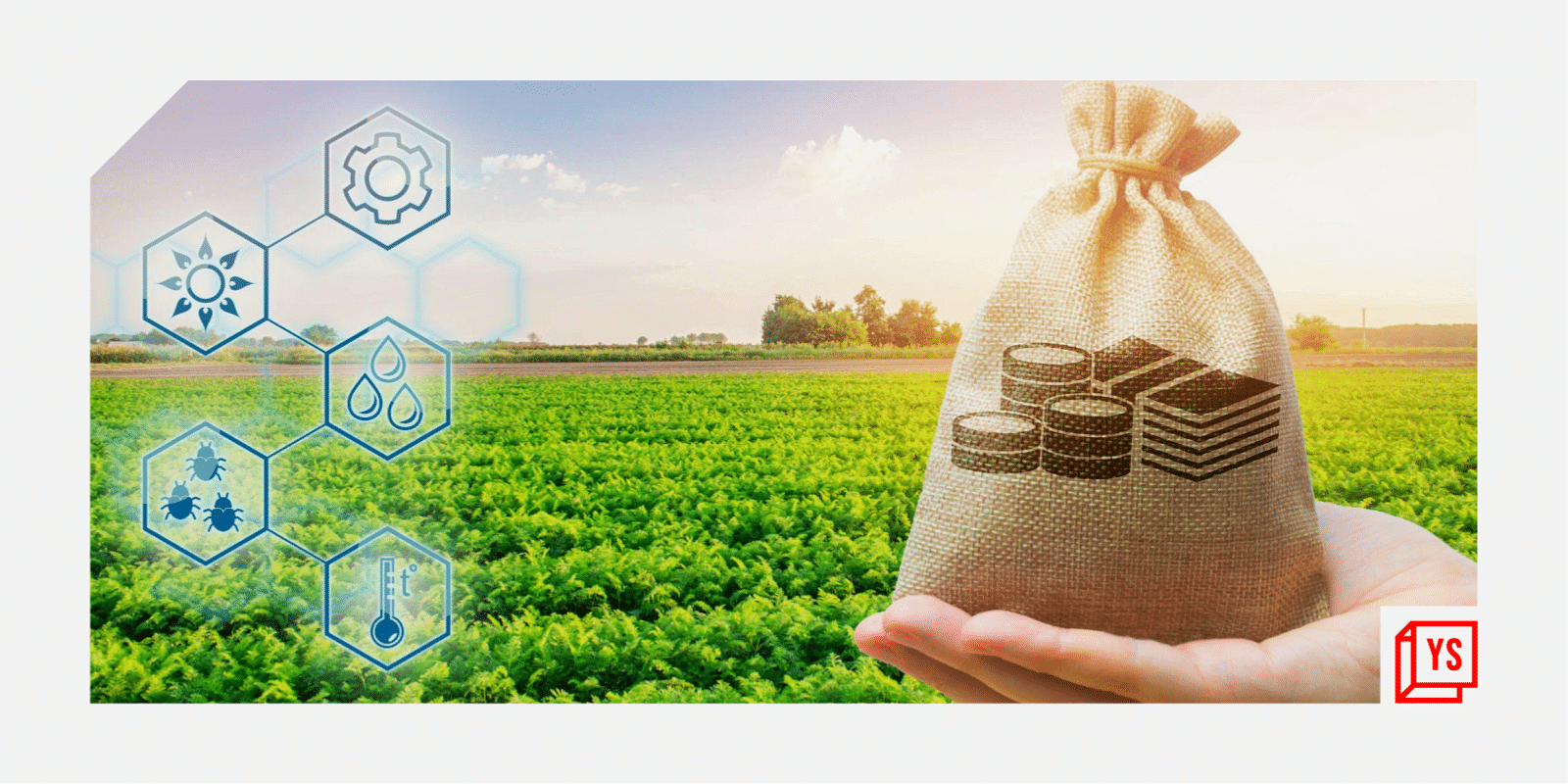Over the last two years, the agricultural technology (agritech) sector in India has witnessed large investments focussed on transforming this traditional sector.
Historically, the sector would usually receive very few funding transactions every year, with most of these investments in conventional segments like agrochemicals, water and irrigation, animal health and dairy companies.
Emerging investment themes in agritech
Nevertheless, over the last couple of years, there has been an exponential flow of investments in agritech, both in terms of the frequency and ticket size of investments in the sector. An analysis of venture capital investments in the agri sector over the last 12-18 months points to three broad themes –
First, there is agri-ecommerce, where online platforms make it easier to purchase agri inputs, fertilizers, seeds etc for farmers. These platforms also act as an advisory services to farmers
Second, there is integrated supply chain management (SCM) segment, where backward integration is enabled making it possible for sourcing directly from farmers. These platforms also help farmers sell their goods directly without interference from middlemen.
Then there is agritech, where new technologies like smart farming, Internet of Things (IOT), and artificial intelligence (AI) are used for precision farming, etc.
Agri-ecommerce
Given the growing penetration of smart phones in rural India, venture capital firms have focussed on digitising buying patterns for farmers. Online sales of agri inputs have enhanced the availability of choices to farmers, brought in greater accountability of pricing and margins in the distribution network v/s earlier when farmers purchased all his agri input requirements from the local store, that perhaps overpriced certain items, and had limited brands/ products.
For example, DeHaat, an online e-commerce platform offering a full-stack agricultural services to farmers in India recently raised $115 million. The company claims that it serves over 650,000 farmers in Bihar, UP, Jharkhand and Odisha.
The company has a De-Haat Farmer App and is a one stop shop for farmers for soil testing, purchase of agri inputs – seed, fertilizers & pesticides, farmer advisory services, and also agri finance and insurance.
Integrating SCM
The strengthening of the supply chain management is slowly changing the more traditional supply chain of the middlemen. Direct procurement of vegetables, fruits and other items is leading to higher pricing for the farmers and also lowering losses occurred through wastage.
Take for example, Ninjacart, the startup that raised $145 million from Walmart and Flipkart recently. It works closely with the farmers to procure fruits and vegetables from them. It claims to have a coverage of over 1 lakh farmers across 150 villages.
Similarly, WayCool Foods, a startup that sources farm-sourced fruits, vegetables and other products from farmers, distributes these products to kirana stores, modern retail stores, contract manufacturing units, hotels and restaurants.
Agritech
In recent years, we have seen new technologies being introduced in agriculture – like enhancing traceability of produce or database for dairy farmers to track vaccinations and feed etc for their animals or providing real-time farm data and insights. These steps will go a long way in enhancing productivity and pricing for farmers and also play a huge role in revolutionising the Indian agri sector
For example, dairy-tech startup Stellapps recently raised $18 million from investors. The company is a farm to consumer dairy digitisation service provider improving productivity and quality, and ensuring end-to-end traceability across the dairy supply chain.
Bijak, a B2B trade platform that gives agricultural commodity buyers and sellers better prices, increased working capital, and optimised logistics, higher accountability and transparency into the agricultural value chain through a buyer/seller rating system, recently raised $19.4 million from venture capital funds.
Conclusion
Clearly, increased awareness towards consuming healthier food, urbanisation and evolving consumer dynamics have led to more focus on reducing food wastage in India. Then there are environmental factors such as climate change and water shortage, which has encouraged the adoption of agritech in the country.
Nevertheless, despite this strong investment activity in the last few years, market penetration in the sector continues to be low.
Also, the solutions to challenges in the Indian agriculture sector needs to be inclusive of the needs of small and marginal farmers, that comprise a lion’s share of India’s farm holdings.
However, one can be hopeful that the increased momentum of investments will only facilitate the faster development and scale of companies in the agri sector, and tap into the large market potential and opportunities over the next 5-10 years.
(Disclaimer: The views and opinions expressed in this article are those of the author and do not necessarily reflect the views of YS.)




![Read more about the article [Jobs Roundup] These openings may help you land a role with India’s first crypto startup CoinDCX](https://blog.digitalsevaa.com/wp-content/uploads/2021/08/Imagei2az-1628573355747-300x150.jpg)





